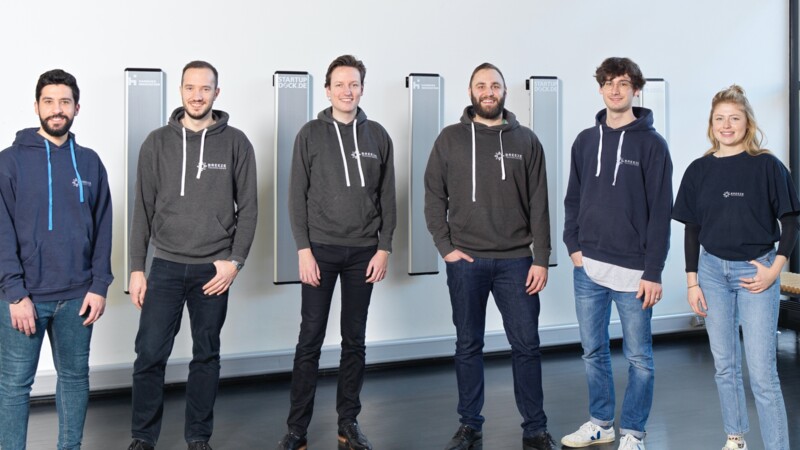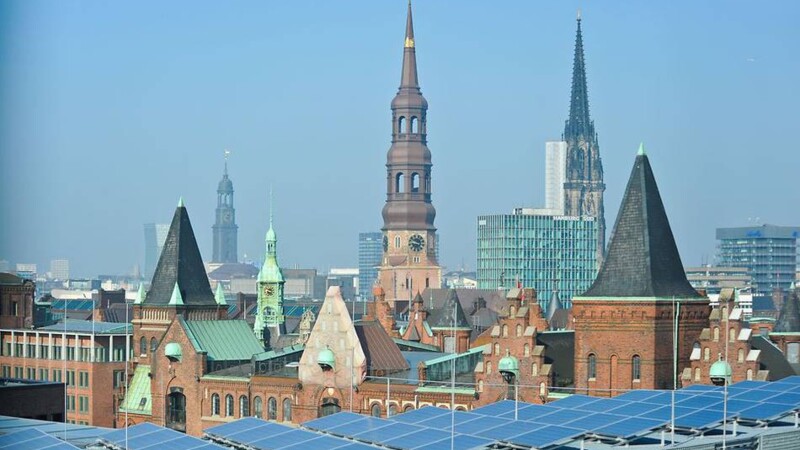Based on the results of 40 different climate models, researchers now expect sea ice to disappear. The models were used to carry out simulations that assume little climate protection and unchecked carbon dioxide emissions in future and showed an accelerated loss of sea ice in summer. The sea ice will also disappear even if CO2 emissions are rapidly reduced in future. "If we quickly and significantly reduce emissions worldwide and thus achieve the two-degree target, the Arctic ice will still continue to melt considerably in summer before 2050," said Notz.
An international study, co-ordinated by Prof. Dr. Dirk Notz from the Centre for Earth System Research and Sustainability (CEN) at the University of Hamburg and involving 21 other institutes, has forecast several ice-free summers at the North Pole before 2050, according to a press release issued Tuesday (April 21, 2020). Global warming has caused the size of the ice surface to melt in recent decades with devastating consequences for nature. Polar bear and seals, for instance, have smaller hunting grounds. At the same time, sea ice is pivotal to the climate system as its bright surface reflects sunlight and cools the Arctic Ocean.
Sea ice to disappear
Climate protection crucial
The number of summers at the North Pole without ice depends mainly on the level CO2 emissions, the study revealed. While ice-free summers are occasional when climate protection is robust, they will become norm in the event of higher CO2 emissions. The model runs of the study are based on the so-called Shared Socioeconomic Pathways (SSP) scenarios, which will also be used in the Intergovernmental Panel on Climate Change's (IPCC) sixth report.
js/kk
Sources and further information
More
Similar articles

Hamburg's companies pedalling for improved climate

Breeze Technologies launch air quality project with Microsoft

